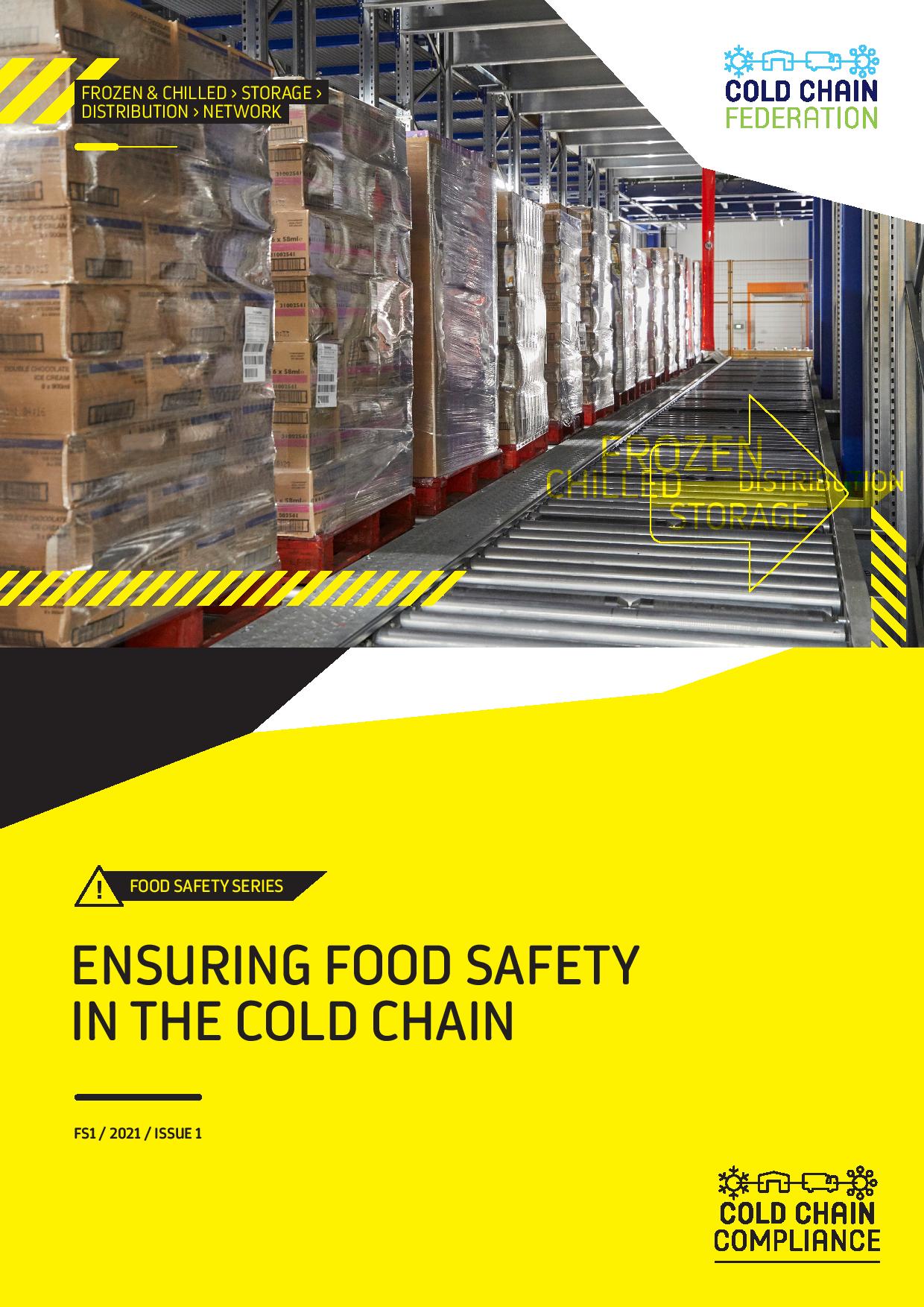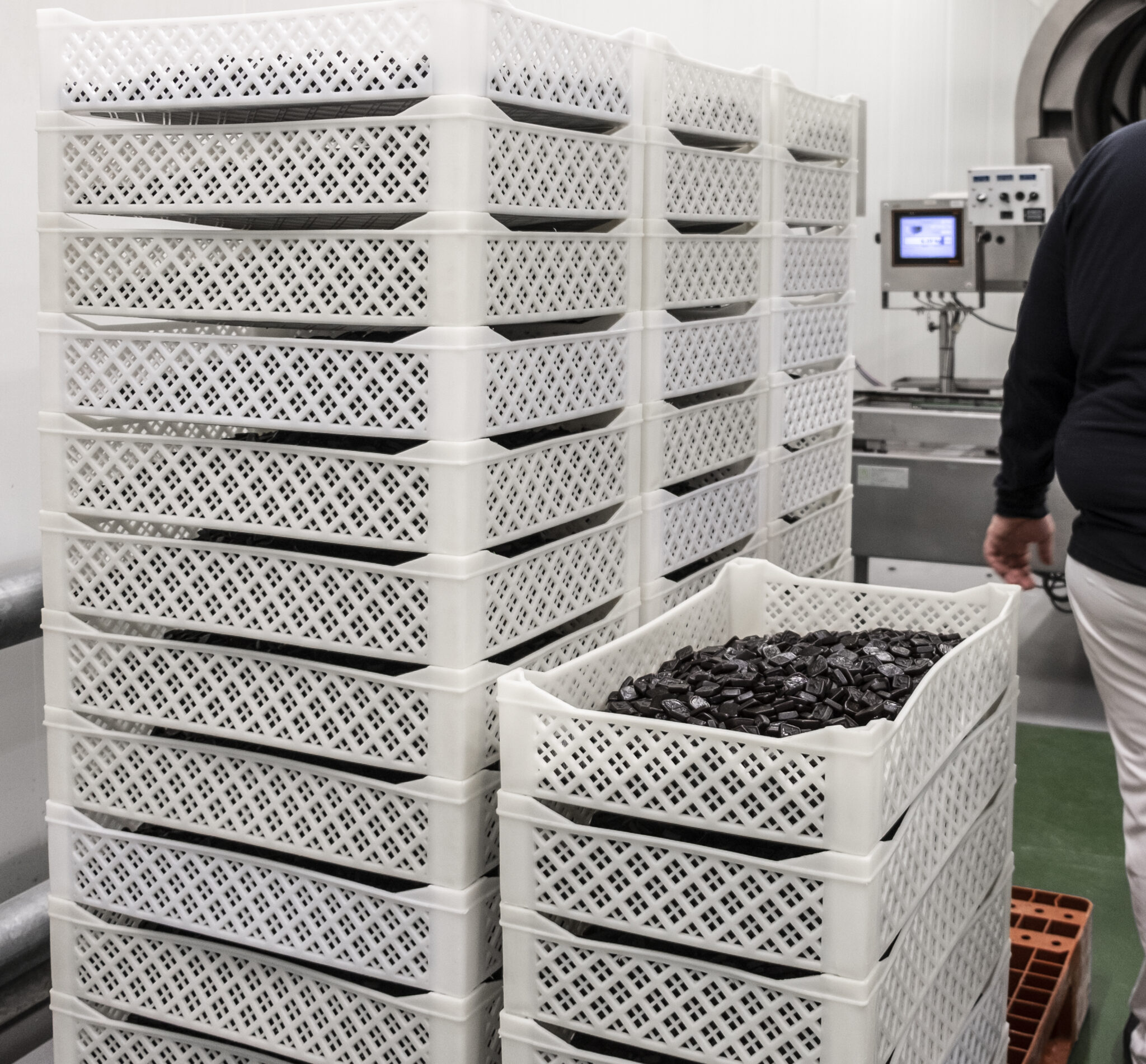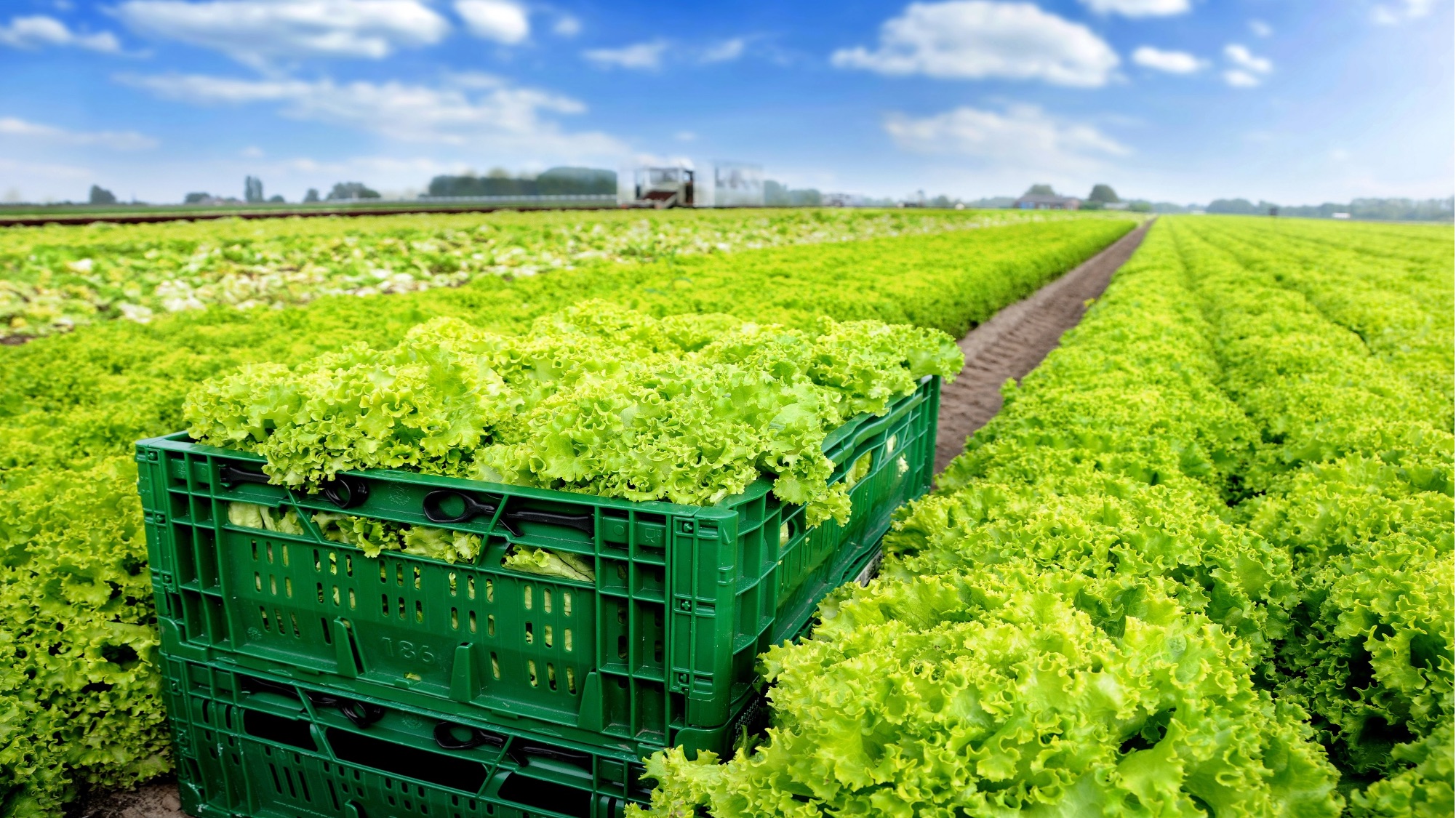The Cold Chain Federation has published Ensuring Food Safety in the Cold Chain, the first ever complete guide on managing food safety specifically for temperature-controlled storage and distribution.
By bringing together the latest information on compliance, best practice and recommendations for managing the key food safety risks in the cold chain and insights into likely future considerations, the new guide meets the industry’s need for a holistic, comprehensive and up-to-date cold chain food safety reference guide. It can be requested by emailing: compliance@coldchainfed.org.uk.
The Cold Chain Federation has produced Ensuring Food Safety in the Cold Chain guide to make it easier for its members to develop, improve and implement cold chain food safety plans and processes. The Federation will be hosting two free webinars on July 6th and July 7th to demonstrate how businesses working in the cold chain can benefit from using the guide, and to explore the policy developments and practical challenges relating to food safety in the cold chain. Register to join these webinars at www.coldchainfederation.org.uk/food-safety-week/.
Endorsed by global food safety certification leader BRCGS, Ensuring Food Safety in the Cold Chain will be made available as part of BRCGS’s online library platform, Participate, for sites and certification bodies subscribed to the BRCGS Global Standard for Storage and Distribution, as well as via the Cold Chain Federation website. The guide has also been produced with support from the Federation’s members and Primary Authority Partner and the Food Standards Agency.
Cold Chain Federation Policy Director Tom Southall said: “Keeping frozen and chilled food safe is the fundamental purpose of the cold chain. Whilst the UK’s cold chain businesses are experts in keeping the nation supplied with safe food, rapidly evolving innovations and changing consumer demands makes can make maintaining these standards challenging.
“This can require a lot of time spent getting to grips and staying up to date with a range of regulations, certification schemes, and best practice. We have produced this new guide in response to feedback from our members and to help make the process much more straightforward. It aims to help businesses drive for the highest standards of food safety in their facilities and also to support enforcement agencies to better understand the specific functions of the cold chain.”
Ensuring Food Safety in the Cold Chain has been written as a complete guide to food safety issues in the cold chain, however each of its nine chapters can also be used individually as a reference. It is written to indicate what measures are mandatory under food safety legislation, good practice as required for the BRCGS Global Standard for Storage and Distribution (Issue 4), or industry leading best practice and can be used by our members to check their processes, incorporate into their staff training and to strive for the highest BRCGS Storage and Distribution certification grade for their facilities.
Jon Murthy, BRCGS Head of Global Marketing, said: “The global pandemic has placed supply chain resilience firmly front of mind for brands and retailers. It has accelerated the changing role of the warehousing and logistics sector with the growth of e-commerce, the diversification of operational activities and new transport flows. We are delighted to support this new publication that supports the industry to demonstrate supply chain assurance, with the emphasis on ever improving performance rather than compliance with minimum standards.”
The guide includes information and advice on topics including: driving a positive food safety culture, Hazard Analysis and Critical Control Point (HACCP) in the cold chain, temperature control, preventing and responding to contamination, food allergens, good hygiene practice and defence against food crime.
Cold Chain Federation Chief Executive Shane Brennan said: “With the exit of the UK from the EU and new trade arrangements, we can expect changes in our global food supply chains. At the same time, the Covid-19 pandemic has extended the cold chain to the consumer’s front door. Food safety compliance systems need to be resilient, agile and forward-facing to ensure that good standards maintain safe food throughout the entire food chain from beginning to end, whatever new challenges we are faced with. Our new guide will be an important tool in helping our members continue to be global leaders in operating a robust and safe cold chain.”











